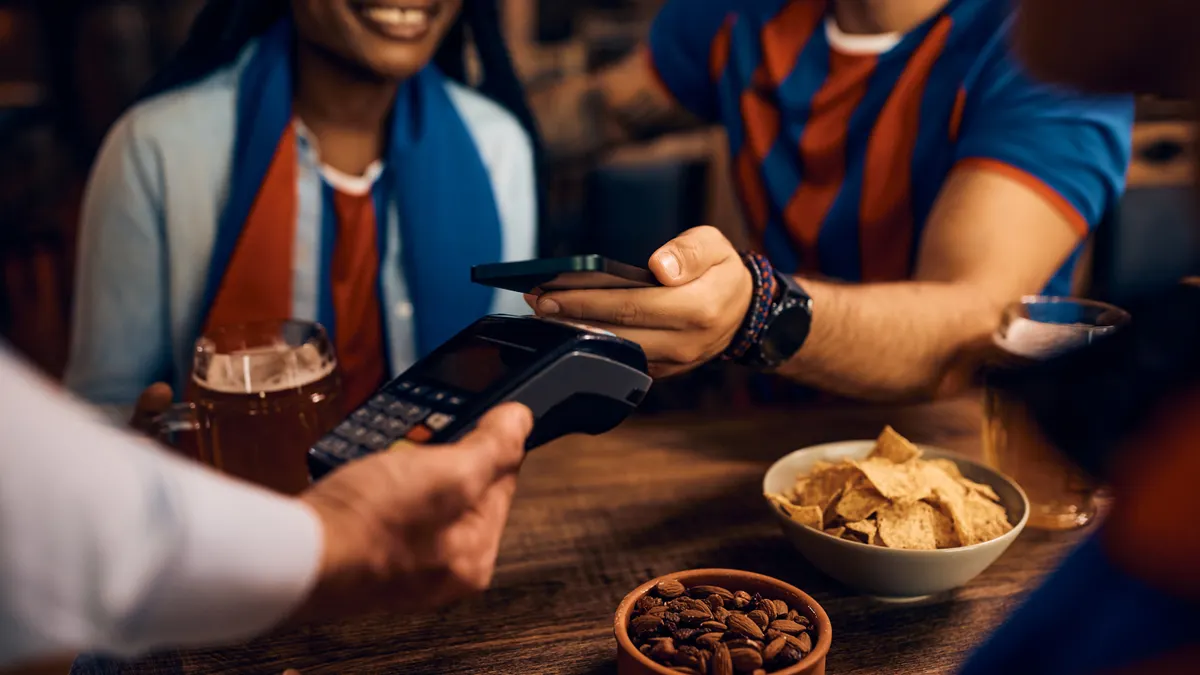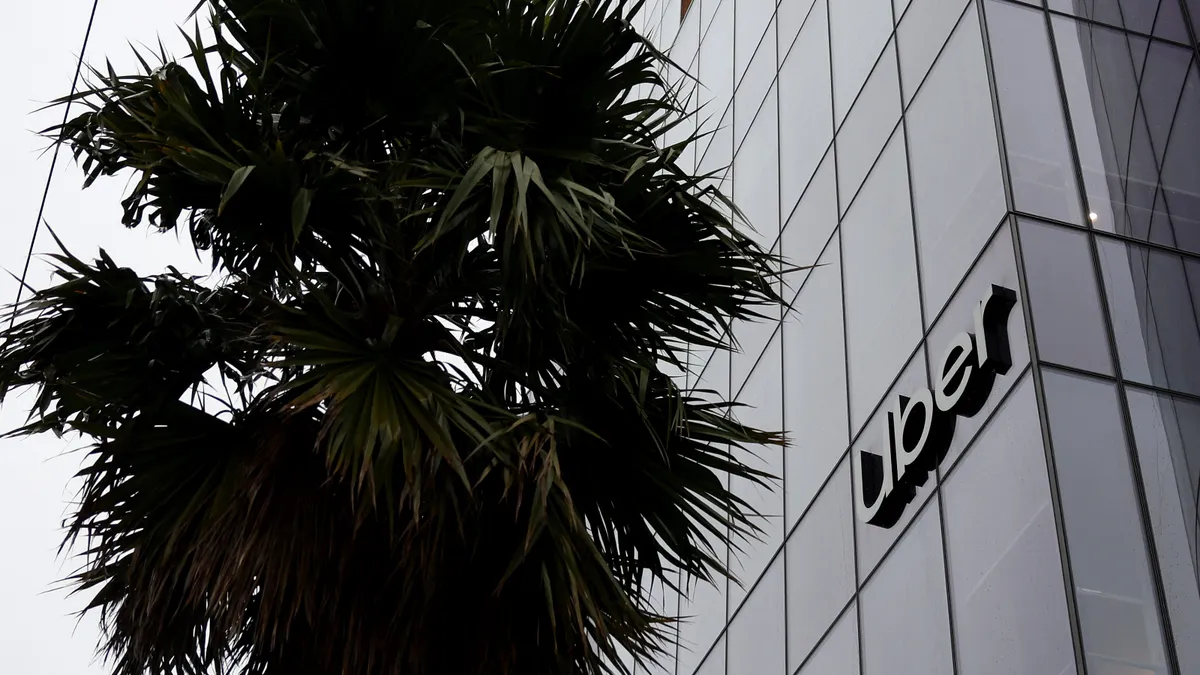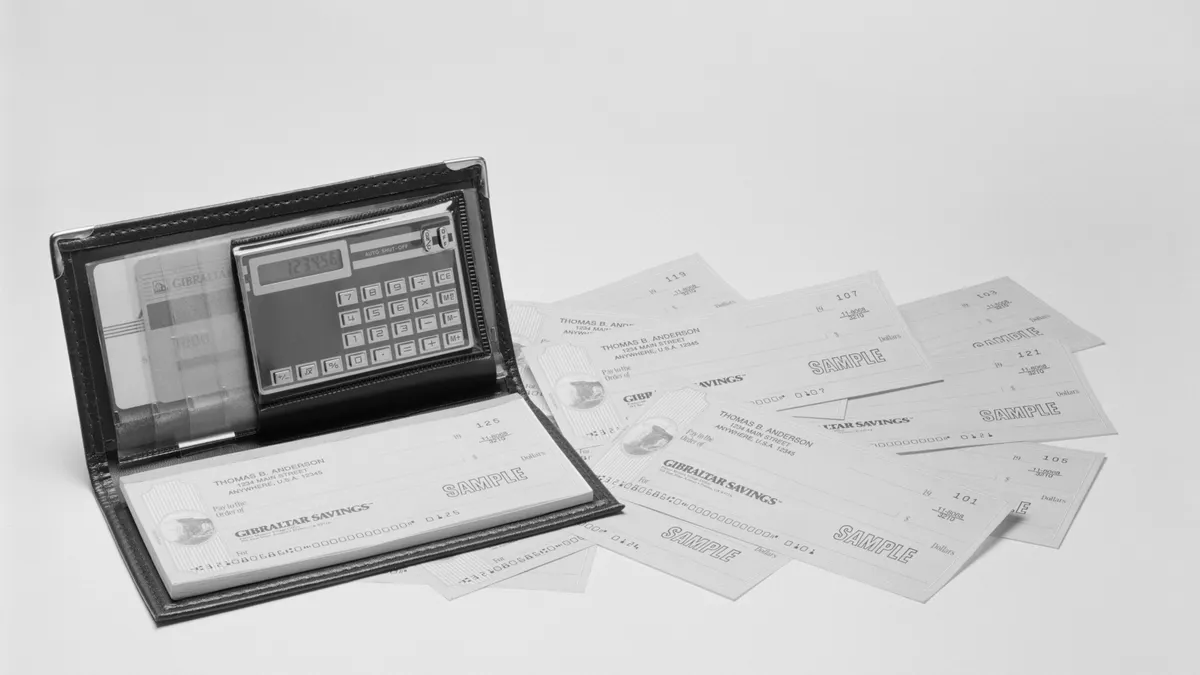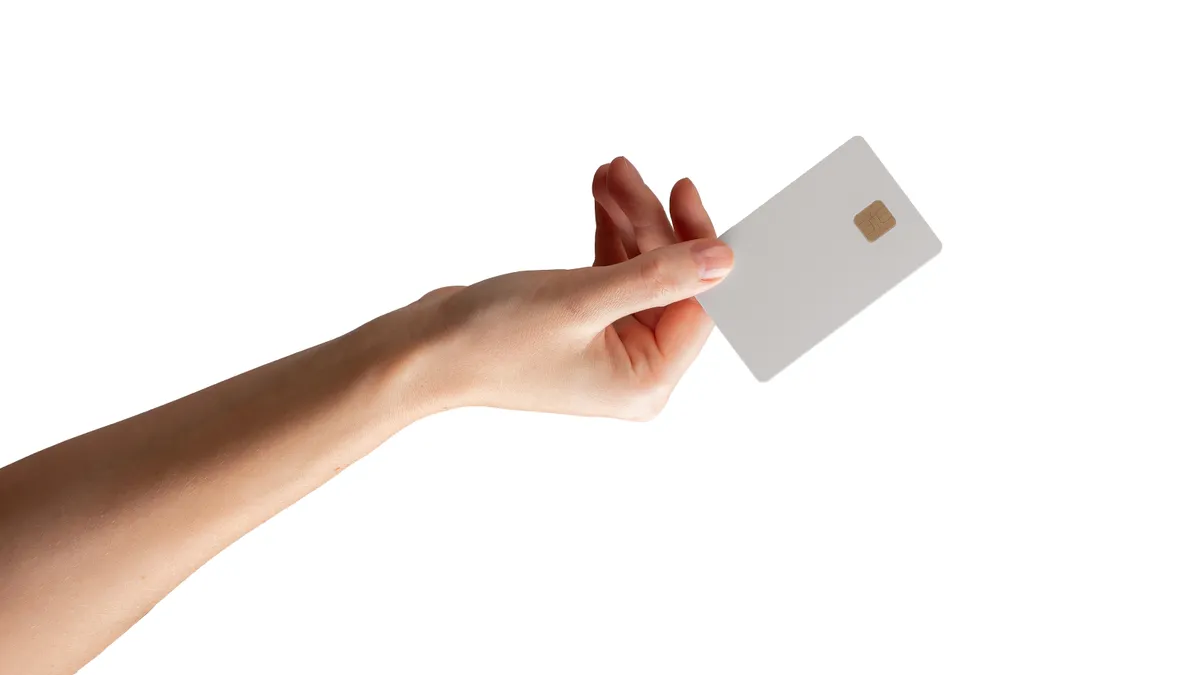Digital wallets from payments players like Block and PayPal generally offer better fraud monitoring and liability protection versus similar products from the big technology companies Apple and Google, according to the research organization Consumer Reports.
That reflects differing U.S. regulations for wallet providers, according to a review by the consumer research firm of six major consumer wallets.
Consumer Reports evaluated a half dozen digital wallets over a 10-month period ending in March for a report released Thursday. The wallets were from Apple, Cash App, Google, PayPal Holdings, Samsung and Venmo. PayPal also owns Venmo.
All six allow consumers to make contactless payments and, except for Google, peer-to-peer money transfers. Consumer Reports divided the wallets between traditional tech companies (Apple, Google and Samsung) and the three fintechs that have been more payments focused from their start (Cash App, PayPal and Venmo). The evaluation focused on the wallets’ payments and P2P functions.
Four of the wallets – from Apple, Cash App, Google and PayPal – were rated broadly equal overall for their wallet and pay functions, slightly ahead of those from Samsung and Venmo. Apple scored highest for the safety of its stored balance and P2P functions.
Delicia Hand, senior director covering digital marketplace issues for Consumer Reports, said Wednesday in an interview, that the evaluation reveals a “gap between the sophisticated technology used to create a daily seamless payments experience and the lack of innovation in the consumer-protection features.”
Cash App, PayPal and Venmo are regulated under the Electronic Fund Transfer Act’s Regulation E, requiring them to investigate unauthorized transactions and errors, according to the report.
The large tech players, meanwhile, do not share that burden, and the fraud-monitoring commitments reflect it, as card issuers bear the obligation to monitor for fraud, Consumer Reports said.
“We understand that Apple is not a bank or a financial services company,” Hand said. “At the same time, no consumer is distinguishing between Venmo, Cash App, etc., from their use of an Apple wallet. They’re not saying, ‘OK, now when I use Google or Samsung Pay, I’m going to switch gears to a whole different set of expectations.”
The fintechs’ disclosure on their legal obligations “was relatively clear and transparent,” the report found. PayPal and Venmo offer “slightly more generous liability coverage for unauthorized transactions” than Block’s Cash App, the report said.
“All the companies, fintech or traditional tech, have more economic incentive to proactively address and provide stronger consumer protections,” Hand said. “There’s a transfer of trust that’s occurring in the digital wallet space that will directly impact transaction volume and therefore revenue.”
Digital wallets, commonly linked to a smartphone, enable their users to store credit card and bank account information; some allow the storage of additional data such as government ID data, loyalty program information and electronic tickets for things such as trains and live concerts.
Roughly 59% of people use a digital wallet at least once per month, according to a January 2025 Consumer Reports survey of about 2,200 Americans. Apple Wallet was the most often used (39%), followed by PayPal (16%) and Google (14%), according to the survey.
Congress has repealed a rule that would have given the Consumer Financial Protection Bureau regulatory oversight of digital wallet providers and other technology and retail companies, Consumer Reports noted. The agency, meanwhile, is fighting in court to reduce its staff by about 90%, to 200 people.
The CFPB also oversees Regulation E as part of the Dodd-Frank Wall Street Reform and Consumer Protection Act of 2010, which conferred broad new consumer protections. Less U.S. regulation is likely to “accelerate digital growth in the short term,” Hand said.
“When you remove some of the regulatory protections you will see more growth and entry of different kinds of payment services,” she said.
All of the wallets offer overlapping functions, although Google is the only one of the six not to offer peer-to-peer payments, which the company ended in June 2024 as part of its transition away from Google Pay. Google is also the only company among its wallet peers not to offer a stored balance feature or to require binding arbitration to resolve legal disputes.
To opt out of arbitration, and reserve the right to pursue a claim or dispute in court, Cash App, PayPal, and Venmo give users 30 days to mail a written notice opting out of arbitration. Samsung Pay and Samsung Wallet allow users 30 days to opt out via email, while Apple offers no means to avoid arbitration, Consumer Reports found.
PayPal and Samsung were the only wallets to require user authentication on their app via a PIN, password or biometric check.
Consumer Reports’ overview was supported financially by Craig Newmark Philanthropies and Flourish Ventures, a San Francisco-based investment firm.



















